7 Key Strategies for Successful Ecommerce Upselling
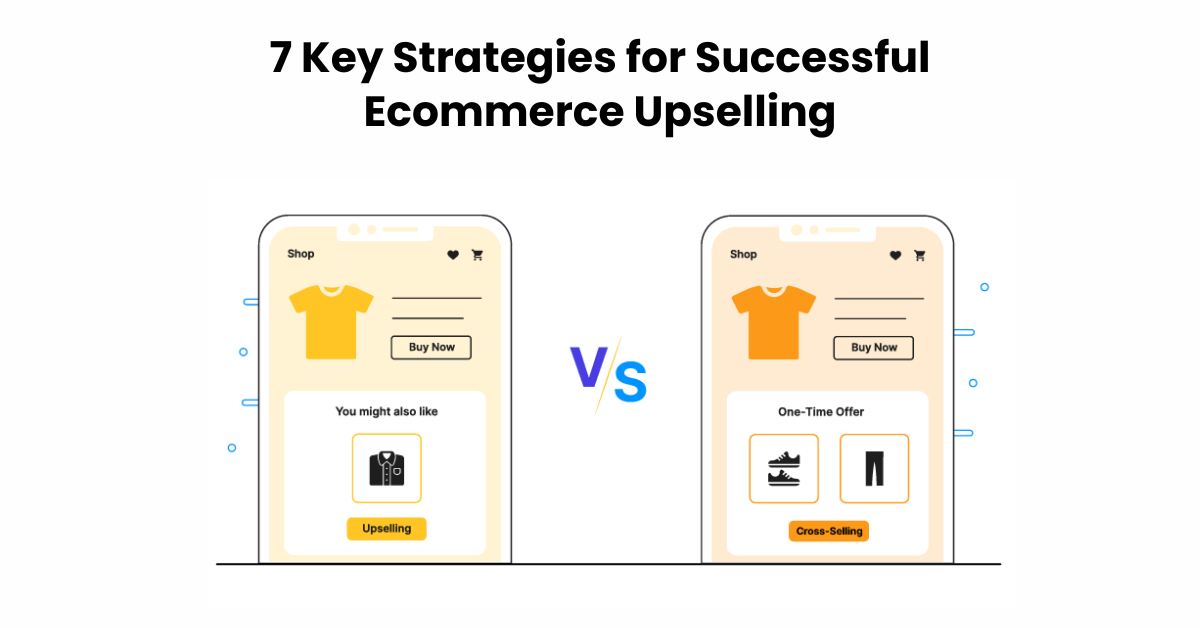
Research shows that upselling can increase revenue by 10-30% on average, highlighting its significance in e-commerce. Mastering upselling is not just about selling more; it's about offering value by matching customers with products that truly meet their needs. This blog will dive into 7 key strategies that can make your upselling efforts not only successful but also customer-centric. From understanding your audience to leveraging data for personalized recommendations, these tactics are designed to enhance the shopping experience, thereby increasing both your average order value and customer satisfaction. Let's explore how you can unlock the full potential of upselling in your e-commerce business.
What is ecommerce upselling?
Ecommerce upselling is a sales technique where a seller encourages the customer to purchase a more expensive version of a selected item or additional features and upgrades, thereby increasing the value of the original purchase. The strategy hinges on demonstrating the added benefits or enhanced experience that the higher-priced product or service can offer. Unlike cross-selling, which suggests complementary products, upselling focuses on upgrading or enhancing the product the customer is already interested in. When executed effectively, it not only boosts the seller's revenue but also enhances customer satisfaction by helping shoppers find products that better meet their needs or preferences, all within the convenience of an online shopping environment.
7 Key Strategies for Successful Ecommerce Upselling
Here are the 7 best ecommerce upselling examples:
Understand Your Customer's Needs

Understanding your customer's needs is crucial for effective ecommerce upselling. This strategy involves analyzing customer behavior, preferences, and purchase history to tailor upselling suggestions that genuinely enhance their shopping experience. For example, if a customer has been browsing high-end cameras, suggesting a model with better features or offering an exclusive package that includes additional lenses and accessories at a slightly higher price could be appealing. By aligning upsell offers with what the customer is already interested in, you not only increase the chances of the customer opting for the higher-value product but also demonstrate your commitment to meeting their specific needs, thereby fostering loyalty and satisfaction.
Offer Relevant Recommendations
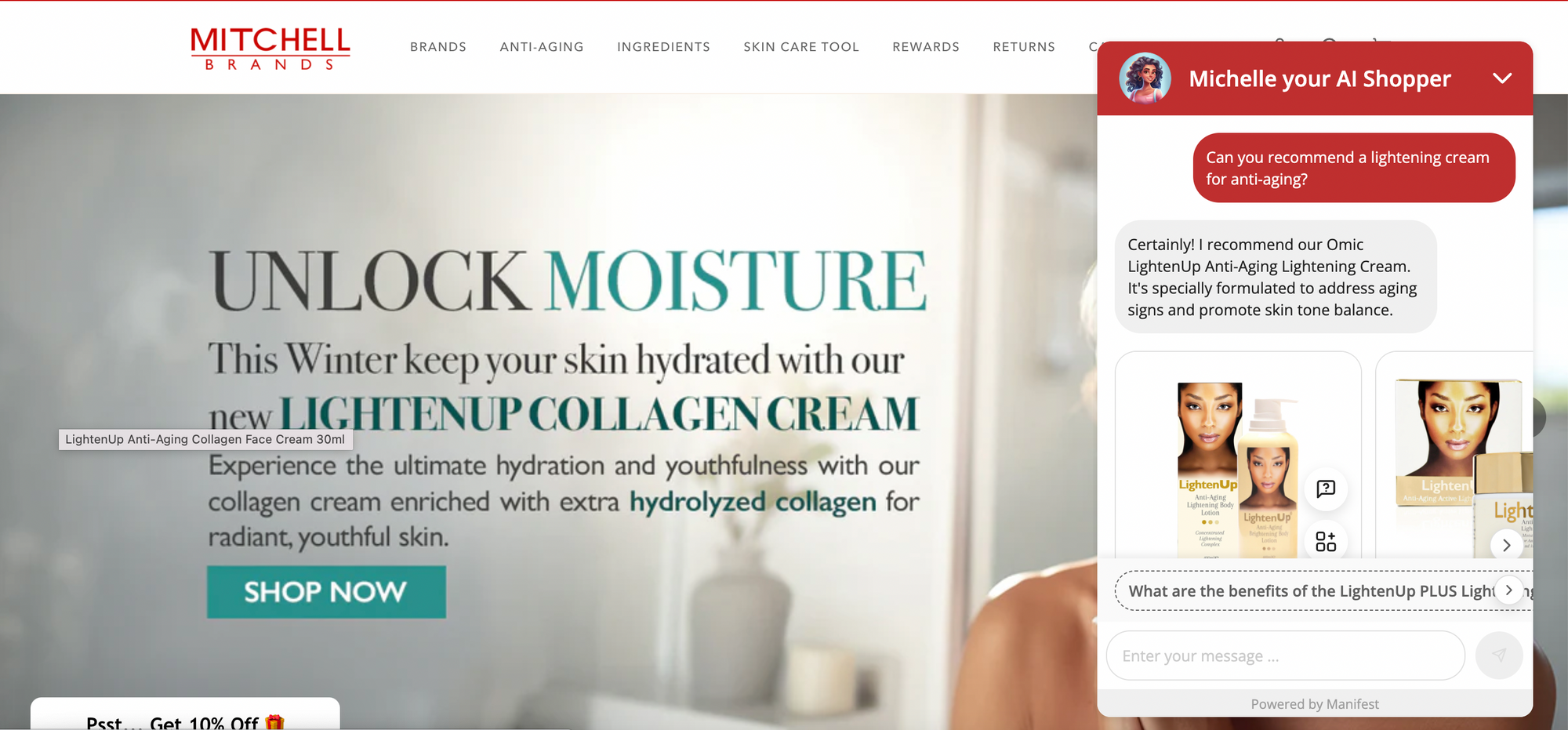
Offering relevant product recommendations is a strategic approach in ecommerce upselling where businesses suggest products that complement or enhance what the customer is already interested in buying. For instance, if a customer is purchasing a camera, a relevant upsell would be suggesting a higher-end model that takes clearer pictures or offers additional features like Wi-Fi connectivity. This method relies on understanding the customer's intent and providing options that align with their initial interest but promise an improved experience or value. Such personalized suggestions not only make the shopping experience more engaging but also increase the likelihood of a customer opting for a more premium product, thereby enhancing their satisfaction and elevating the store's average order value.
Create Bundle Deals
Creating bundle deals is an effective upselling strategy where e-commerce businesses combine complementary products into attractive packages, often at a discounted rate compared to purchasing each item individually. This approach not only adds value for the customer but also increases the overall sale amount for the retailer. For instance, a camera shop might offer a photography bundle that includes a camera, a lens, and a tripod. Customers looking to buy just a camera are tempted by the added value and convenience of getting everything they need in one purchase, making the bundle more appealing than the single item. This strategy enhances the shopping experience by offering curated solutions that meet the customer's broader needs while encouraging a larger purchase.
Leverage Product Comparisons

Leveraging product recommendation is a strategic approach to upselling by illustrating the differences and benefits of a higher-tier product next to the one a customer is considering. For example, if a customer is looking at a basic coffee maker, you can show a side-by-side comparison with a more advanced model that features a built-in grinder and programmable settings. This comparison not only educates the customer about the available options but also subtly highlights how the premium version can enhance their coffee-making experience. By presenting the features and benefits in a direct comparison, customers can easily see the value of spending a bit more for an upgrade that better suits their lifestyle and preferences, encouraging a higher-value purchase.
Use Time-Limited Offers
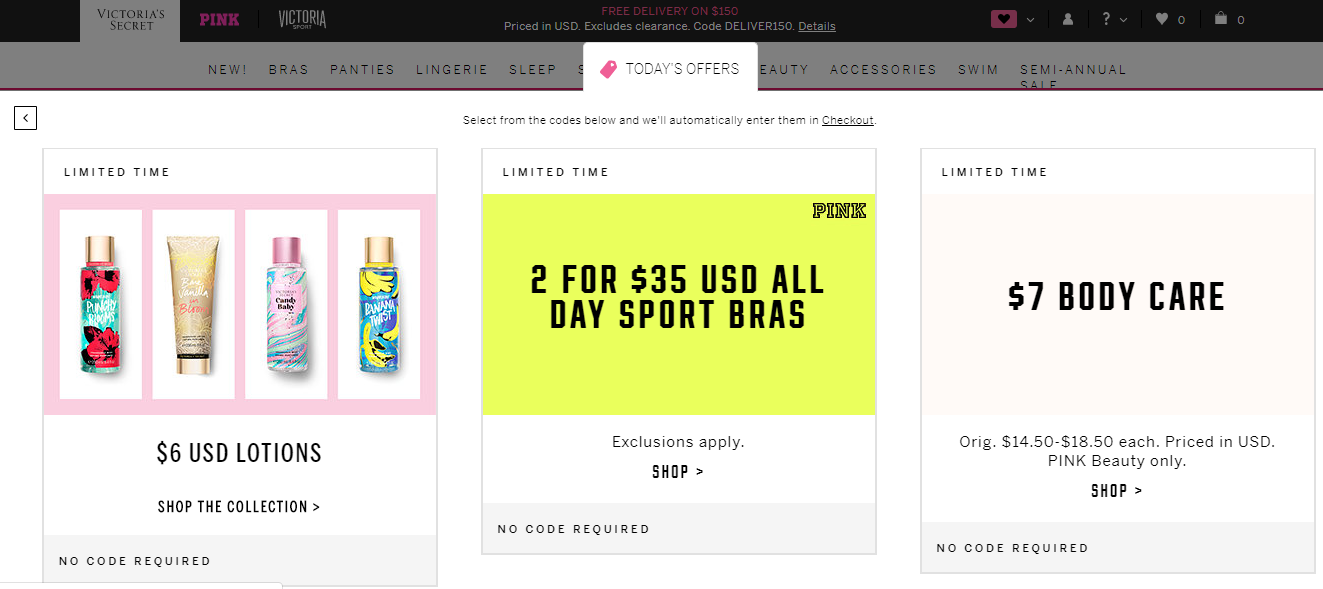
Utilizing time-limited offers is a dynamic strategy to encourage customers to make immediate decisions about upselling opportunities. This approach plays on the natural human tendency to fear missing out on a great deal. For instance, imagine a customer is interested in purchasing a standard version of software. Upon checkout, they're presented with an offer to upgrade to the premium version at a 20% discount, but the catch is that the offer expires in 24 hours. This creates a compelling incentive for the customer to reconsider their initial choice, potentially opting for the more valuable, premium option to take advantage of the limited-time savings. Such strategies not only boost sales but also add an exciting layer of engagement for customers, making shopping experiences more memorable.
Implement a Tiered Pricing Strategy
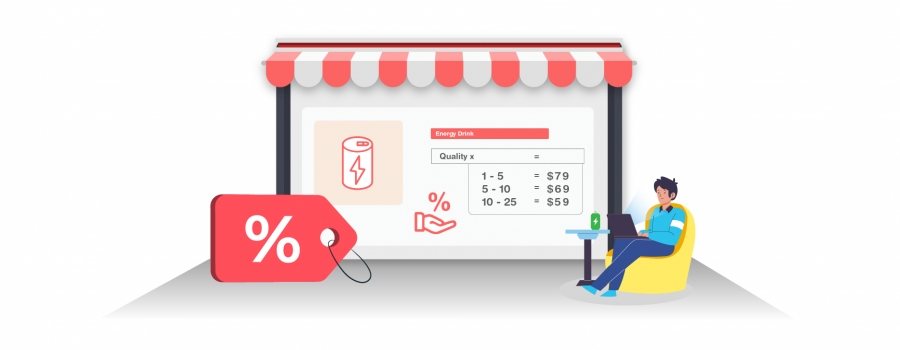
Implementing a tiered pricing strategy is a clever approach to upselling in ecommerce that categorizes products or services into different levels of quality, features, or inclusives, each priced accordingly. This method allows customers to choose based on their budget and needs, while also exposing them to higher-priced options. For example, a software company might offer basic, professional, and premium subscription plans. A customer initially interested in the basic plan sees the added features of the professional plan, such as additional storage or support, and decides the extra cost is worth the value. This not only satisfies customers by giving them control over their choices but also increases the average order value by encouraging them to opt for a higher tier.
Educate Your Customers

Educating your customers is a powerful strategy for upselling products that hinges on informed decision-making. Rather than pushing for a sale, this approach involves enlightening customers about the benefits and added value of higher-tier products. For instance, if a customer is considering a basic model of a smartphone, you can highlight the advanced features of a premium model, such as a better camera, longer battery life, or enhanced security features. This information helps customers see how the upgraded version aligns with their specific needs or desires, making the extra expense seem worthwhile. By focusing on how these features can enrich their experience or solve their problems, you're not just selling a product; you're offering a solution, that can significantly boost customer satisfaction and loyalty.
How to Upsell with Manifest AI?
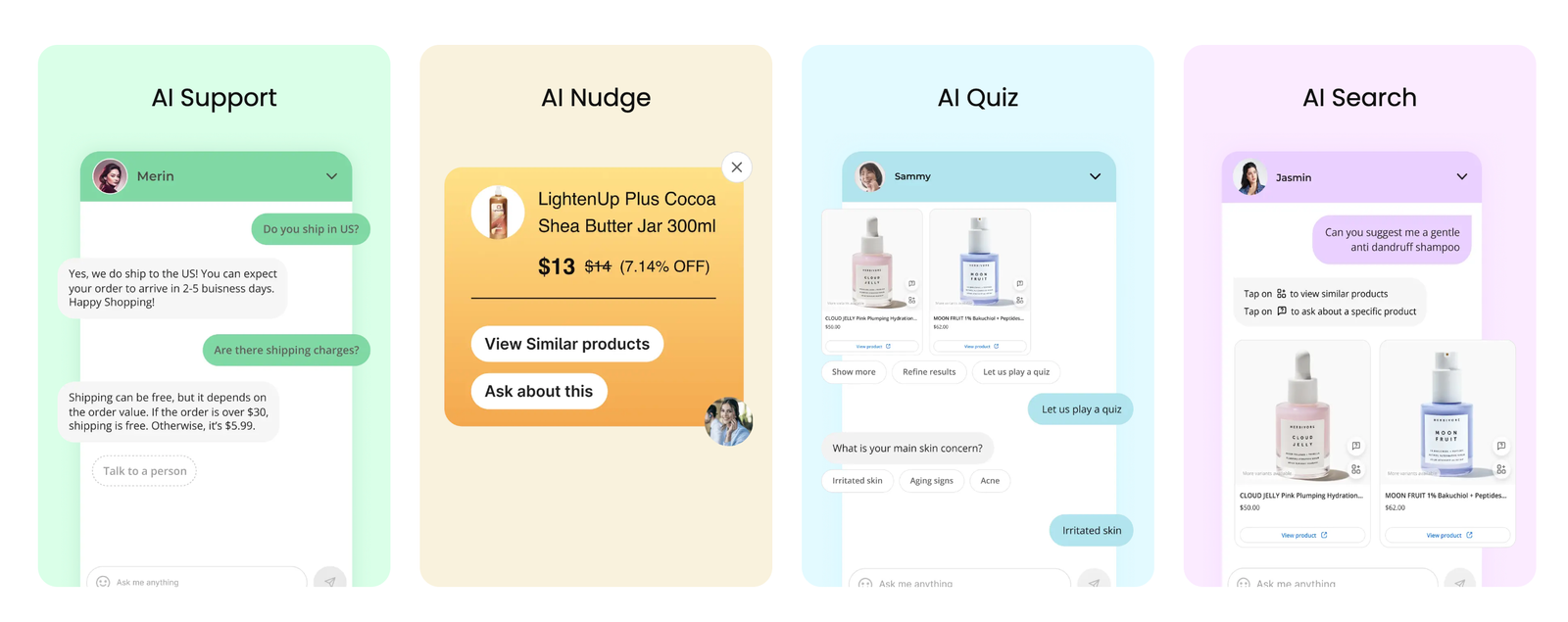
Upselling in e-commerce can be significantly enhanced with the help of an AI shopping assistant like Manifest AI. This tool employs advanced features to engage customers and gently guide them toward higher-value purchases. Here's how it works:
- AI Search: Helps customers find exactly what they’re looking for, plus suggests premium alternatives they might not have considered.
- AI Nudges: Displays timely prompts that highlight the benefits of upgrading or purchasing a more feature-rich product relevant to their search.
- AI Support: Offers instant, AI-powered responses to customer inquiries, clarifying the advantages of higher-tier products in real-time.
- AI Quizzes: Engages customers with interactive quizzes to understand their preferences better and recommends products that meet their specific needs, encouraging them to consider more valuable options.
Conclusion
In conclusion, implementing these seven key strategies for successful e-commerce upselling can significantly enhance your online store's performance. By understanding customer needs, offering relevant recommendations, and employing strategic pricing, among other tactics, you can effectively encourage customers to make higher-value purchases. Integrating an AI tool like Manifest AI further streamlines this process, offering personalized guidance and support. Altogether, these upselling strategies not only boost your revenue but also improve customer satisfaction by providing them with products that truly meet their needs and exceed their expectations.

.png)
